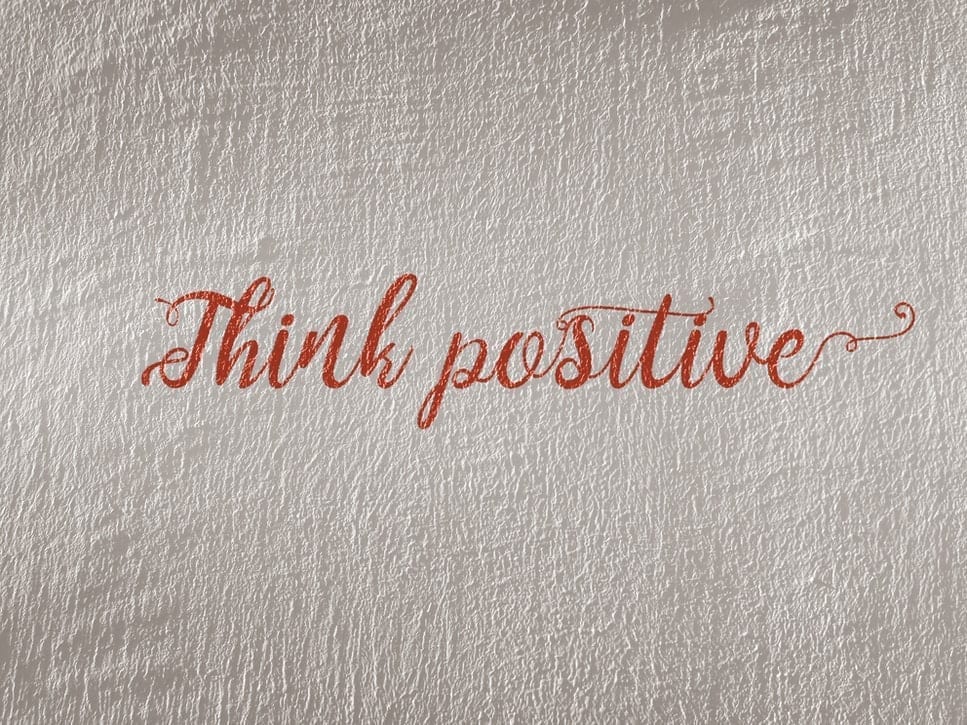Last Updated on May 21, 2023 by Ryan
If you don’t know how to stop worrying about the future, you’re not the only one. The coronavirus has caused a record increase in mental health problems. Before the pandemic, 37% of the population showed symptoms of anxiety and depression. But now 50% of Americans report struggling with feelings of anxiety as they try to cope with job loss, worries about the economy, and fears of getting sick.
When you’re worried about the future, it can be difficult to take care of your daily responsibilities. Your anxiety may cause you to feel distracted and make it hard to perform at work or be present at home. Finding ways to deal with your anxiety can help you stay productive, focus on the present, and be there for the people in your life who need you.
To help you get through the day and manage your anxiety during this difficult time, we’ve put together these five tips on how to stop worrying about the future.
Learn How to Deal with Uncertainty

The pandemic has shaken up our lives and reminded us we can’t predict the future, let alone control it. No one knows when life will return to normal, which can feel destabilizing and trigger anxiety. In order to get through the pandemic, however, we all need to learn how to cope with the uncertainty around us.
Part of the problem with uncertainty is that our minds tend to focus on the worst-case scenario. Although positive things will happen in the future, we often think about negative situations that might be around the corner. Some of us do this as a way to mentally prepare ourselves.
Having some worries about the future is normal, and to an extent, can even be a good thing. If you worry about the state of the economy, for example, you might feel motivated to set aside extra money each month to create an emergency fund. Thinking ahead in a situation like this would prepare you better for the future. But if you’ve done all you can to plan for adverse events and your anxiety is still spiraling out of control, it’s important to challenge your negative thoughts.
Challenge Your Negative Thoughts

If your anxiety is taking over and making it difficult to complete daily tasks, challenge your fears and ask yourself how realistic they really are. When we’re stuck in anxious thought patterns, it can be easy to overestimate the likelihood that something bad will happen.
For example, if you’re worried that the pandemic will last forever and your life will never go back to normal, remind yourself that researchers are working tirelessly to develop a vaccine. Experts believe a vaccine could be ready by the beginning or middle of next year. Once we have a vaccine, we may be able to reduce social distancing measures and go back to our normal lives.
Although it may seem like the pandemic will go on forever, it’s important to remind yourself of the facts and reframe your worries in a more positive way. While it’s possible that a vaccine could take years to develop, it could also be right on schedule. Being hopeful about the future instead of focusing on the worst-case scenario can help you manage your anxiety better.
Try Grounding Techniques

Reframing your negative thoughts is a great way to deal with anxiety. But sometimes you can feel so stressed that challenging your worries doesn’t work. In that case, grounding techniques like mindfulness can help calm you down and return you to a place where you can think more positively.
One of the easiest ways to practice mindfulness is by focusing on your breathing. Directing your attention to how each breath feels as it enters and leaves your body will help ground you in the present moment. Relaxation exercises like visualization and progressive muscle relaxation can also enable you to let go of your worries and focus on the here and now instead of the future.
Find Positive Ways to Spend Your Free Time

Due to the pandemic, you could have more free time, which sounds like it would be relaxing. But having extra time on your hands can actually make your anxiety worse by giving you more opportunities to dwell on the future. That’s why it’s important to find positive, productive ways to fill your downtime, such as:
- Reading books
- Journaling
- Talking to friends
- Gardening
- Learning a new skill
- Watching documentaries
- Spring cleaning your home
- Starting a workout routine
- Volunteering from home
However, it’s important to make sure that you’re not filling your day with activities to avoid your feelings. Fear and anxiety are natural responses to what’s going on in the world. If you don’t give yourself some time and space to feel those emotions, they’ll just come bubbling back up.
Schedule Time to Worry

You’re wondering how to stop worrying about the future, so why would we suggest that you set aside time to worry? Although it seems counterintuitive, scheduling “worry time” can actually decrease your anxiety and help you focus on your daily tasks instead of your fears. Whenever a negative thought pops up, you can remind yourself that it’s not “worry time” yet and make a mental note to explore the feeling later.
You can have your worry session whenever it’s most convenient for you, but remember to keep it brief. You don’t want to spend too much time dwelling on your fears, so end the session after twenty or thirty minutes. During that time, however, allow yourself to feel all of your emotions without judgment and write down everything that’s bothering you. Allowing yourself to fully express your worries will help keep them from coming back up and distracting you during the rest of the day.
Focus on the Things You Can Control, and Let Go of the Things You Can’t

One of the best strategies for how to stop worrying about the future is focusing on the things you can control. You can’t control the economy or pandemic, but you do have a choice about how you respond.
If you lost your job due to the pandemic, for example, you may feel discouraged and wonder if it’s possible to get hired in this economy. But some industries haven’t been affected by the coronavirus and are still thriving. If you think about how your skills may transfer to that industry, work on updating your resume, and networking with the right people. You may find some new exciting or unexpected job opportunities.
Although it’s easier said than done, focusing on the things you have control over will get you better results than dwelling on the things you can’t change. Worrying about the economy or job market will drain your energy and won’t get you any closer to solving your problems. Doing what you can to improve your situation, like working on career development (even if you’re not unemployed), can give you a greater sense of control. Taking action may even eliminate your worries altogether if you’re able to land a job or end up in a new career path, which can potentially be a great new opportunity.
Conclusion
It’s natural to worry about the future, especially during a global pandemic when there’s so much uncertainty. It’s still unclear when social distancing will end and normal life will resume. But practicing self-care and implementing the coping strategies mentioned above can help you reduce your anxiety and keep up with your responsibilities during quarantine. By shifting your mindset and reframing your worries, you may even be able to enjoy the little things again and come out of lockdown stronger and more resilient.
Here are a few hand-picked articles for you to read next:
- How to Follow Through on Your Mid-Year 2020 Resolution
- 13 Helpful Home and Beauty Products With Calming Effects
- 6 Best Healthy Morning Routine Ideas to Start an Intentional Day